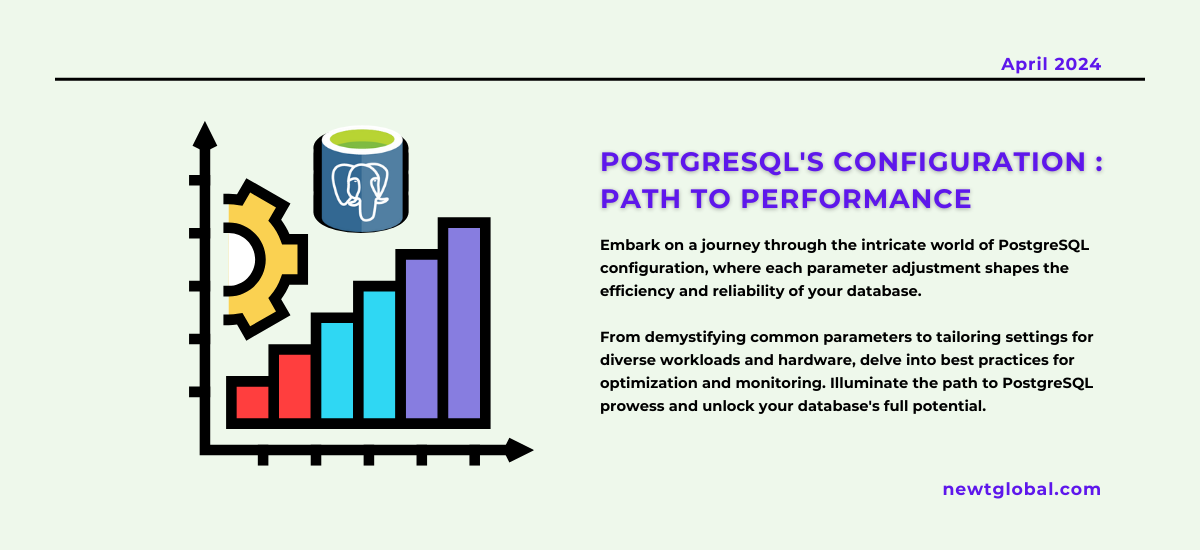
In the world of managing big amounts of data, Oracle is a giant. It has a lot of power to manage huge amounts of information for businesses all over the world. But handling Oracle databases well can be very tricky. It’s like trying to find your way out of a maze because of different problems that can slow things down. One big problem is the “I/O Inferno.” This is when the system gets overwhelmed with data and starts to run slow. This can make things hard for businesses, causing delays and making it harder to get things done.
But there’s a way to fix this problem, and it’s called Hardware Optimization. We’re going to look into how to make Oracle run better by dealing with these issues head-on.
Unravelling the Oracle Performance Enigma:
Oracle databases need to work efficiently with data – they need to get it, store it, and change it quickly. But when there’s too much data and too many tasks, the old hardware can’t keep up. This can lead to slow performances, like slow disk speeds or not enough memory and processing power. All these problems can make Oracle slow, affecting businesses and making users unhappy.
Extinguishing the Flames with Hardware Alchemy:
There’s hope with Hardware Optimization. By choosing the right hardware, businesses can make Oracle work faster and more efficiently. Here’s what can help:
-
- SSDs for Speed: Oracle used to depend on old hard drives, which were slow. Switching to Solid State Drives (SSDs) can make data reading and writing much faster, reducing wait times and making everything run smoother.
-
- RAID Arrays for Better Performance and Safety: Using a setup called RAID, where data is spread out over several disks, can make things faster and safer. It protects against data loss and makes reading and writing data quicker, so Oracle can handle more work without slowing down.
-
- More Memory for Faster Access: Not having enough memory can slow Oracle down, making it need to use the disk more, which is slower. By adding more memory, data can be accessed quicker, speeding up how fast Oracle can work.
-
- Better CPUs for More Power: Oracle needs a lot of processing power, and old CPUs might not be enough. Upgrading to newer, more powerful CPUs can help Oracle run more tasks at the same time, making everything faster.
A Path Through the Flames
Even though improving Oracle’s performance might seem daunting, with the right hardware upgrades, businesses can overcome these challenges. By choosing the right upgrades, like faster SSDs, RAID arrays, more memory, and better CPUs, businesses can make Oracle run better, supporting growth and innovation.
Transform Your Oracle Database Performance Today.
In conclusion, if you’re ready to transform your Oracle database performance and conquer the I/O Inferno, it’s time to embrace the transformative power of Hardware Alchemy. Elevate your database performance, reduce latency, and ensure seamless operations with state-of-the-art SSDs, RAID configurations, expanded memory, and optimized CPUs. Don’t let hardware limitations hold back your business.
Additionally, for those considering migration from Oracle DB to cloud-native PostgreSQL, Newt Global DMAP offers a world-class solution that promises faster, better, and more cost-effective migration. Ready to embark on this transformative journey? Discover how Newt Global DMAP can redefine your database performance and operational efficiency. Visit newtglobal.com for more information. And if you’re eager to learn more or have any questions, we’re here to help. Please reach out to us at marketing@newtglobalcorp.com.
